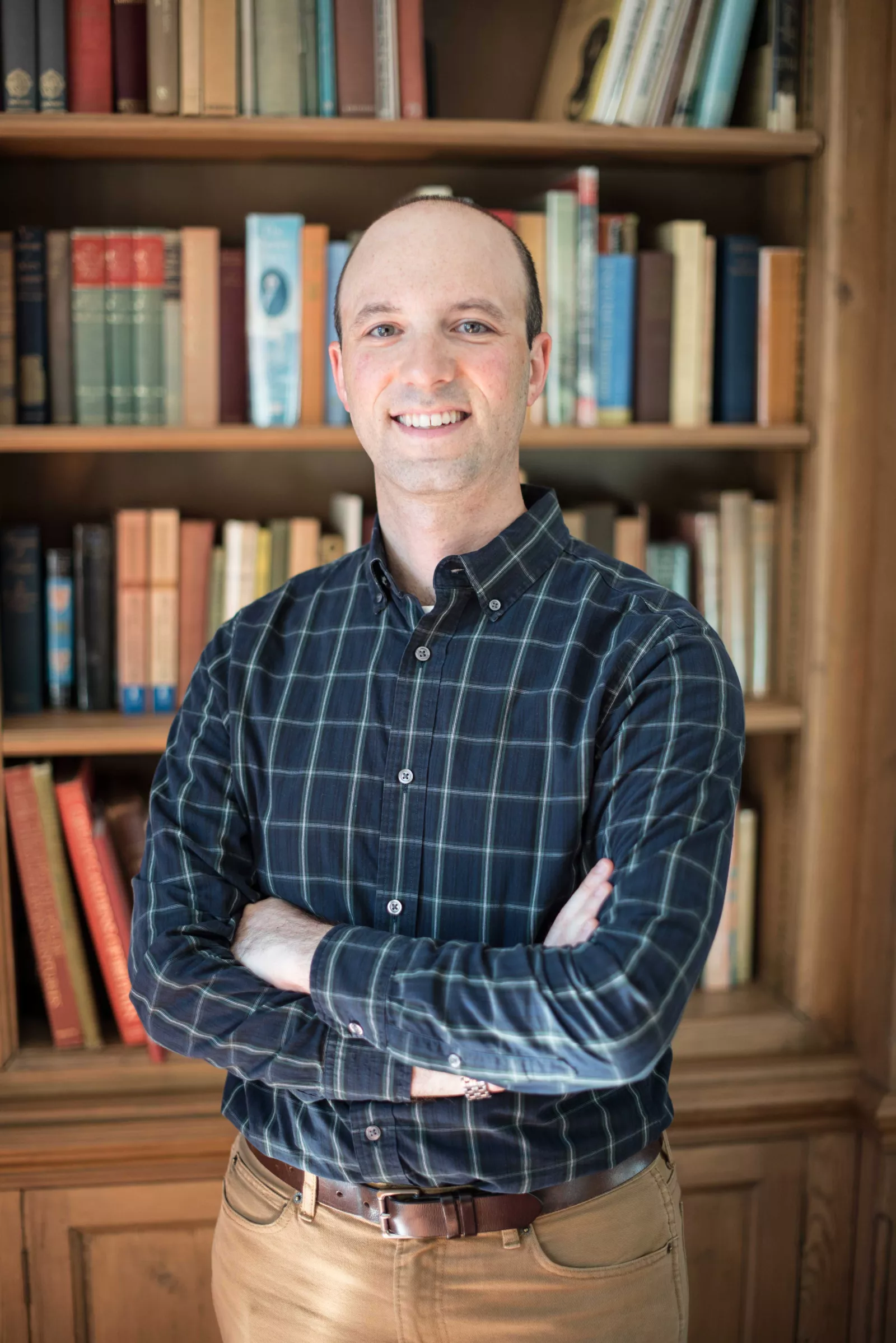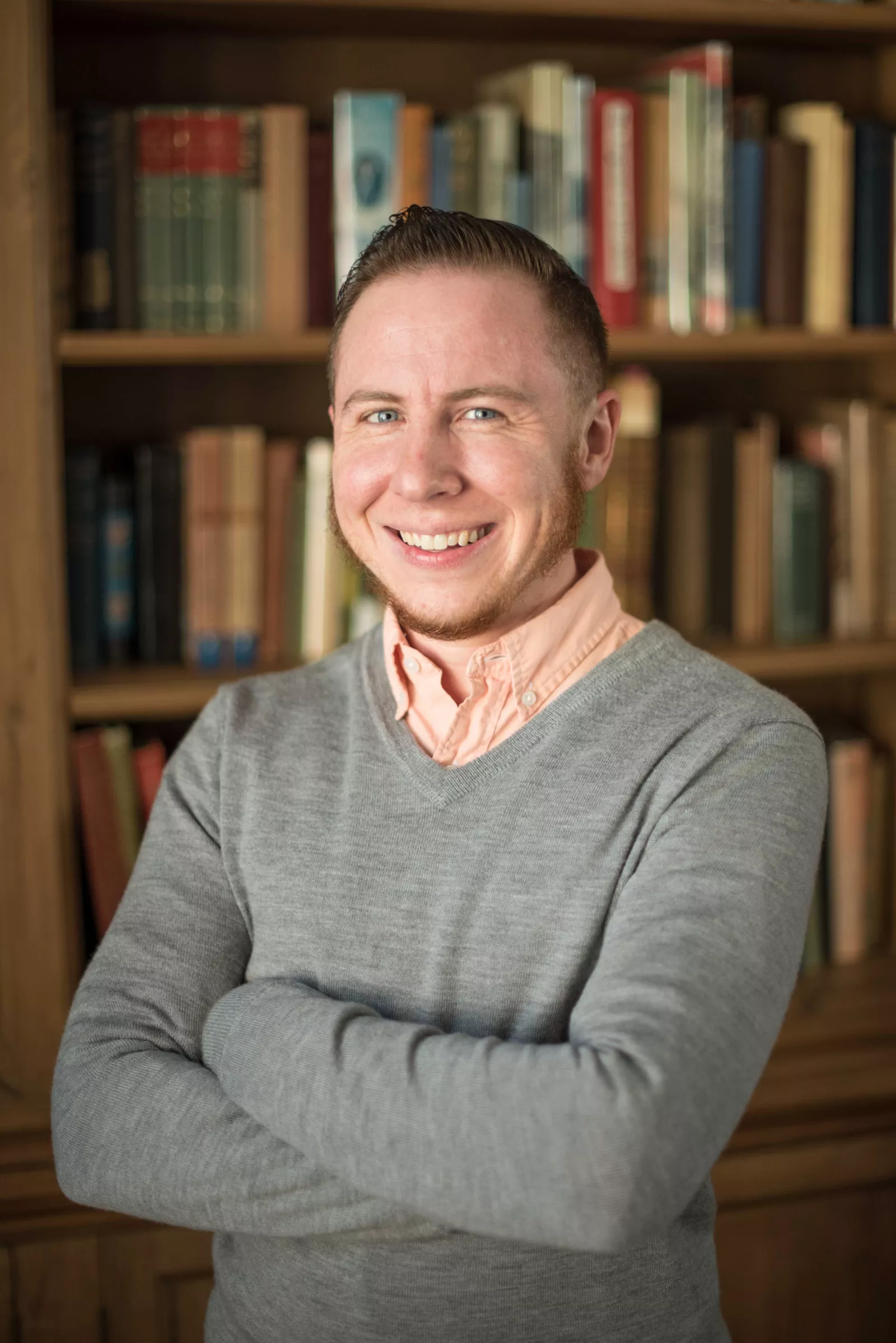Each week for the next several weeks we'll be highlighting Bryn Mawr's newest faculty members. The College supports faculty excellence in both research and teaching and is committed to social justice and inclusion in the classroom and in the community at large.
Richard EisenbergComputer Science
My research focus is in the design and implementation of programming languages. In particular, I'm fascinated by types, and I prefer working with functional languages over imperative or object-oriented ones. I am a core contributor to the Haskell programming language and compiler, where I am in the process of adding dependent types, a powerful new feature that can reduce the possibility of bugs in programs. With dependent types, a programmer can encode a proof of correctness along with her code, thus guaranteeing that the code performs as specified. There is a growing desire for such features in real-world industrial applications, and I look forward to seeing proof-carrying code become more common in our increasingly computerized world, reducing the occurrence of the technology failures that have become all too familiar.
Colby GordonEnglish
Colby Gordon earned a Ph.D. in Comparative Literature from UC Irvine. His research interests include law and literature; global and transnational Shakespeares; religion and secularism; architecture and design; and gender and queer theory. Selections from his work have been published in multiple journals, including articles on bleeding Eucharists and host desecration narratives in Genre; soft architecture and queer futurity in Antony and Cleopatra in postmedieval; Carl Schmitt, Sianne Ngai, and aesthetics in the Journal for Early Modern Cultural Studies; and, with Julia Lupton, a piece on Shakespeare and design theory in English Studies. He is currently completing a manuscript that tracks the legal dimensions of dwelling in early modern literature, tentatively titled The Sanctity of the Home: Political Theology and Dwelling in Renaissance Drama.

